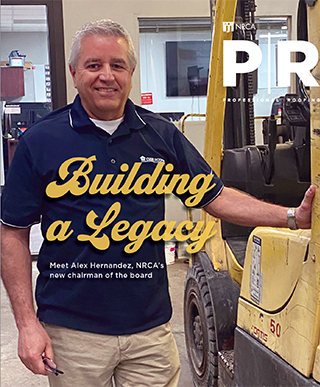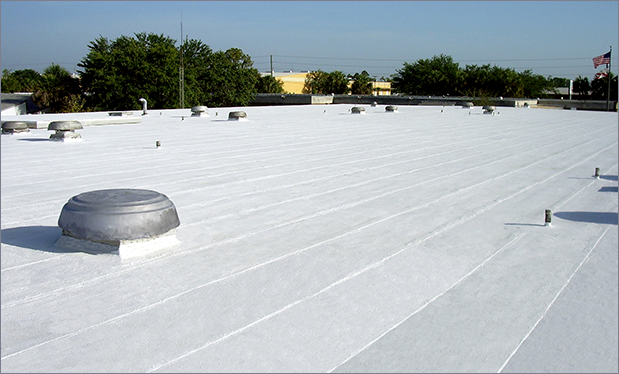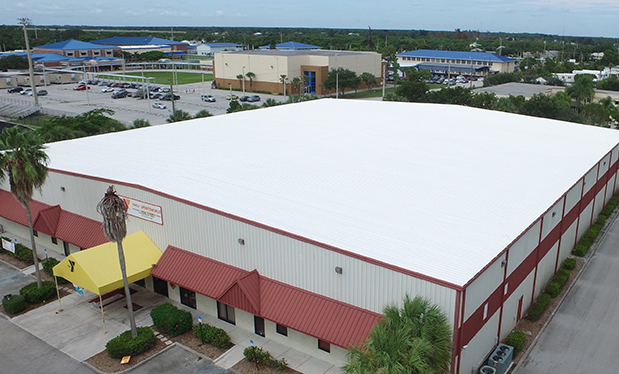One thing we've learned from our involvement in Washington, D.C., is we are much more effective when we find other associations who share our interests. Most of the issues that concern us (such as tax law, labor law, regulatory reform and immigration reform) are issues that affect much of the small-business community in virtually the same way. We work collaboratively with a host of self-formed groups to great effect.
Collaboration often leads to strange bedfellows. The most interesting coalition I know includes tollway booth operators, vending machine owners and the blind. Their common issue? Replacing $1 bills with $1 coins. Why? Tollway booth operators don't like dealing with dirty money; dollar bills clog vending machines; and the blind can't distinguish between $1 bills and all others.
For NRCA, our position on immigration reform (better border security, more guest workers and legal immigrants, and reasonably addressing undocumented workers already in the U.S.) finds us aligned with Latino advocacy organizations, some (but not all) construction industry associations and some (but not all) unions.
Our collaboration isn't limited to legislative issues, of course. Within the roofing industry, we regularly work with roofing material manufacturers' associations on many issues. We work with the International Roofers Union on issues ranging from roof system depreciation legislation to worker training. And we work with roof consultants, insurance companies and testing laboratories, as well.
But we can—and should—do more. Too often, the roofing industry finds it has internal disagreements when it comes to codes and standards, for instance. We'd do much better to put our best collective face forward and save our disagreements for another time and place.
We can do much more in the international arena. Although most roofing products we use are made in the U.S., some are not, and it's increasingly clear we can expect to see more imported products in the future. The industry will be much better served by managing that process rather than being surprised by it.
The ultimate measure of collaboration, of course, is for all roofing professionals to support NRCA so we can work together on the many issues we face. And with a solid membership, our role in coalitions becomes all the more powerful.
Bill Good is NRCA's CEO.



